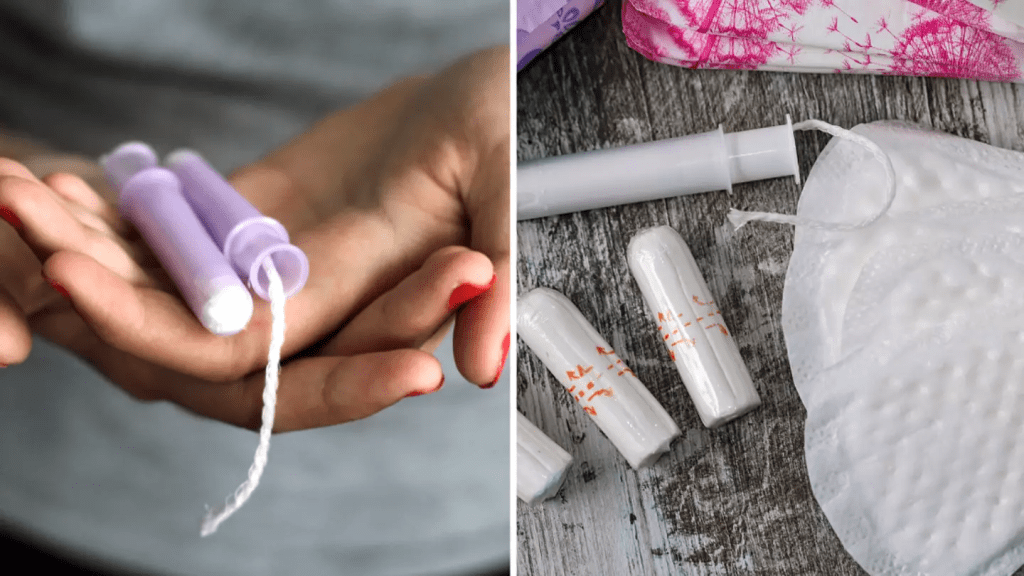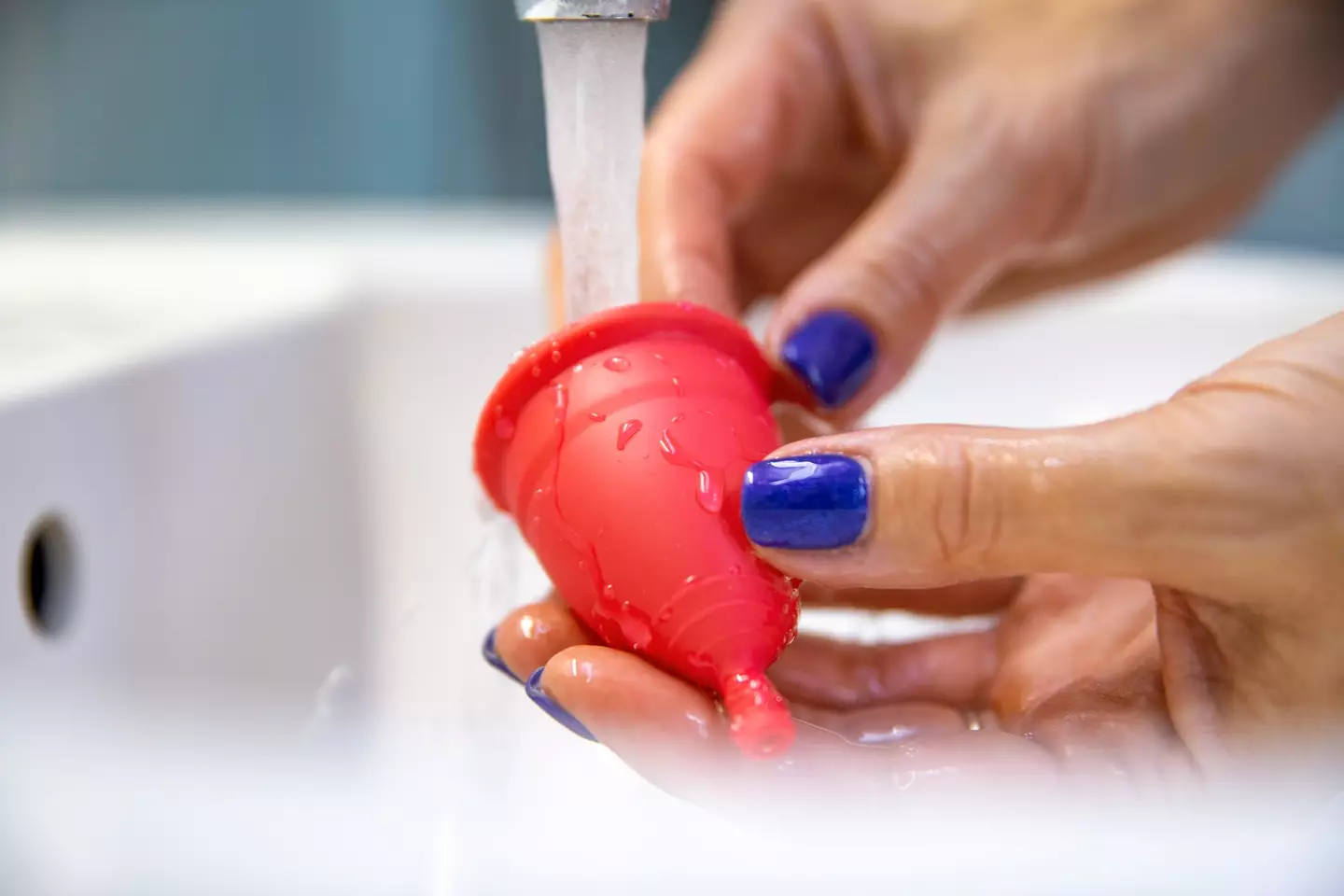In recent years, a growing number of menstruating individuals have been challenging traditional period norms by embracing a practice known as “free bleeding.” Free bleeding involves menstruating without the use of conventional period products like tampons, pads, or menstrual cups. While some find the practice empowering and liberating, others see it as controversial or even unnecessary.
What Is Free Bleeding and Why Are People Choosing It?

At its core, free bleeding is exactly what it sounds like—allowing menstrual flow to occur naturally without using absorbent products to manage it. For many, it’s more than just a personal choice; it’s a statement, a movement, and a response to larger societal and environmental issues.
Here are some of the key reasons why individuals opt to free bleed:
- Protesting Period Taboos: Menstruation has long been shrouded in secrecy and shame. By free bleeding, many people hope to break down the stigma surrounding periods and normalize open discussions about menstruation.
- Environmental Concerns: Disposable period products contribute significantly to global waste. Free bleeding eliminates the need for single-use items, offering an environmentally friendly alternative.
- Cost of Menstrual Products: The “pink tax” and the high cost of menstrual products make them inaccessible for many. Free bleeding becomes a way to reject these financial barriers entirely.
- Health Risks: Some individuals worry about the potential health risks of using tampons or menstrual cups, such as toxic shock syndrome (TSS), and prefer to avoid these products altogether.
For many proponents, free bleeding is as much a political statement as it is a personal choice. It’s about reclaiming control over one’s body and rejecting societal norms that dictate how periods should be managed.
The Viral Moment: Kiran Gandhi’s Marathon Statement
One of the most notable moments in the free bleeding movement came in 2015, when musician and activist Kiran Gandhi ran the London Marathon while free bleeding. Gandhi’s choice to let her period flow naturally while running 26.2 miles sparked widespread debate and brought global attention to the practice.
Gandhi later explained that her decision was deeply personal and symbolic. She wanted to shed light on the struggles menstruating individuals face, especially in parts of the world where access to period products is limited.
“Our culture tells [menstruating individuals] to hide their monthly flow,” she wrote in an op-ed for The Independent. “Because it’s all kept quiet, [we] are made to think that they shouldn’t complain or talk about their own bodily functions.”
Her marathon run was a bold and unapologetic act of defiance against these societal expectations.
Backlash and the Divisive Reaction to Free Bleeding
Despite its advocates, free bleeding has also faced significant criticism and backlash. Some argue that the practice is unhygienic or impractical, while others dismiss it as attention-seeking behavior.
A notable instance of backlash came from journalist James Delingpole, who accused Gandhi of falling victim to a hoax orchestrated by internet trolls. He claimed her marathon statement was inspired by a satirical online campaign called “Operation Free Bleeding,” which was designed to mock feminist causes.
Gandhi, however, clarified that her decision had nothing to do with online forums and everything to do with her personal experiences and beliefs.
.jpg)
But the backlash wasn’t limited to criticism of Gandhi. Many detractors of free bleeding, particularly those without firsthand experience of menstruation, dismissed the movement as unnecessary or extreme. This division highlights the deeply ingrained stigma and discomfort that still surrounds menstruation in many cultures.
Health Concerns: The Risk of Toxic Shock Syndrome (TSS)
One of the earliest drivers of the free bleeding movement was concern over the potential health risks associated with tampons and menstrual cups. In the 1970s, awareness of toxic shock syndrome (TSS) began to grow.
TSS is a rare but potentially fatal condition caused by bacterial toxins entering the bloodstream. It’s often linked to prolonged use of tampons or improper cleaning of menstrual cups. While the risk is low, the consequences can be severe, ranging from organ failure to amputation, as in the case of model Lauren Wasser, who lost both her legs to TSS.
For some, the fear of TSS is enough to seek alternatives to conventional period products. Free bleeding removes this risk entirely, making it an appealing option for those concerned about their health.
.jpg)
Environmental and Financial Motivations
Another major reason behind the rise of free bleeding is the environmental and financial burden of disposable menstrual products. Pads, tampons, and applicators contribute to billions of pounds of waste annually, much of which ends up in landfills or oceans.
In addition, the cost of period products can add up over a lifetime, creating a significant financial barrier for many individuals. For those living in poverty or without access to affordable products, free bleeding can be a practical and empowering solution.
The Cultural Shift Toward Menstrual Empowerment
Free bleeding is part of a larger cultural movement to normalize menstruation and challenge the stigma associated with it. From period-positive advertising campaigns to increasing awareness about period poverty, attitudes toward menstruation are slowly changing.
Advocates for free bleeding argue that it’s not just about rejecting tampons or pads—it’s about creating a world where menstruating individuals feel comfortable, supported, and respected in their choices.

Is Free Bleeding for Everyone?
While free bleeding may work for some, it’s not a one-size-fits-all solution. Many people prefer the convenience and security of traditional period products, and that’s perfectly valid. The key takeaway from the free bleeding movement is that menstruation is deeply personal, and everyone should have the freedom to manage it in a way that feels right for them.
Whether you choose to use tampons, pads, menstrual cups, or nothing at all, the most important thing is to have access to safe, affordable options and to feel empowered in your choices.
Conclusion: Breaking the Taboo Around Periods
The free bleeding trend has sparked important conversations about how society views menstruation, challenging outdated norms and encouraging greater openness and acceptance. While the practice itself may not appeal to everyone, its underlying message—that menstruation is natural, normal, and nothing to be ashamed of—resonates universally.
At its core, free bleeding is about choice: the choice to reject societal expectations, the choice to prioritize comfort or sustainability, and the choice to embrace one’s body without shame. Whether you find it inspiring, impractical, or somewhere in between, one thing is clear—free bleeding has made its mark, and it’s not going away anytime soon.


